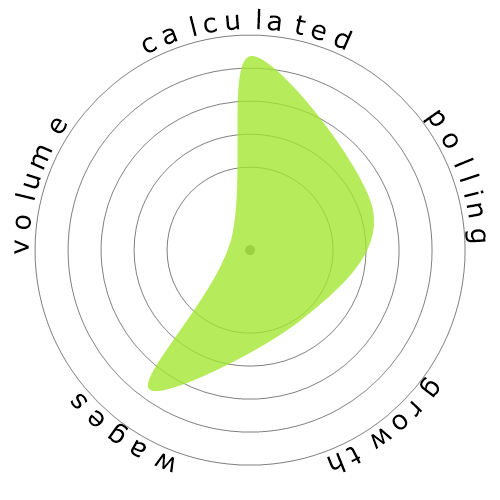Atmospheric, Earth, Marine, and Space Sciences Teachers, Postsecondary
Where Would You Like to Go Next?
Or, Explore This Profession in Greater Detail...


What does this snowflake show?
What's this?
We rate jobs using four factors. These are:
- Chance of being automated
- Job growth
- Wages
- Volume of available positions
These are some key things to think about when job hunting.
People also viewed
Calculated automation risk
Minimal Risk (0-20%): Occupations in this category have a low probability of being automated, as they typically demand complex problem-solving, creativity, strong interpersonal skills, and a high degree of manual dexterity. These jobs often involve intricate hand movements and precise coordination, making it difficult for machines to replicate the required tasks.
More information on what this score is, and how it is calculated is available here.
User poll
Our visitors have voted they are unsure if this occupation will be automated. However, employees may be able to find reassurance in the automated risk level we have generated, which shows 7% chance of automation.
What do you think the risk of automation is?
What is the likelihood that Atmospheric, Earth, Marine, and Space Sciences Teachers, Postsecondary will be replaced by robots or artificial intelligence within the next 20 years?
Growth
The number of 'Atmospheric, Earth, Marine, and Space Sciences Teachers, Postsecondary' job openings is expected to rise 3.8% by 2033
Total employment, and estimated job openings
Updated projections are due 09-2025.
Wages
In 2023, the median annual wage for 'Atmospheric, Earth, Marine, and Space Sciences Teachers, Postsecondary' was $100,690, or $48 per hour
'Atmospheric, Earth, Marine, and Space Sciences Teachers, Postsecondary' were paid 109.5% higher than the national median wage, which stood at $48,060
Wages over time
Volume
As of 2023 there were 11,770 people employed as 'Atmospheric, Earth, Marine, and Space Sciences Teachers, Postsecondary' within the United States.
This represents around < 0.001% of the employed workforce across the country
Put another way, around 1 in 12 thousand people are employed as 'Atmospheric, Earth, Marine, and Space Sciences Teachers, Postsecondary'.
Job description
Teach courses in the physical sciences, except chemistry and physics. Includes both teachers primarily engaged in teaching, and those who do a combination of teaching and research.
SOC Code: 25-1051.00
Comments (1)
Reply to comment